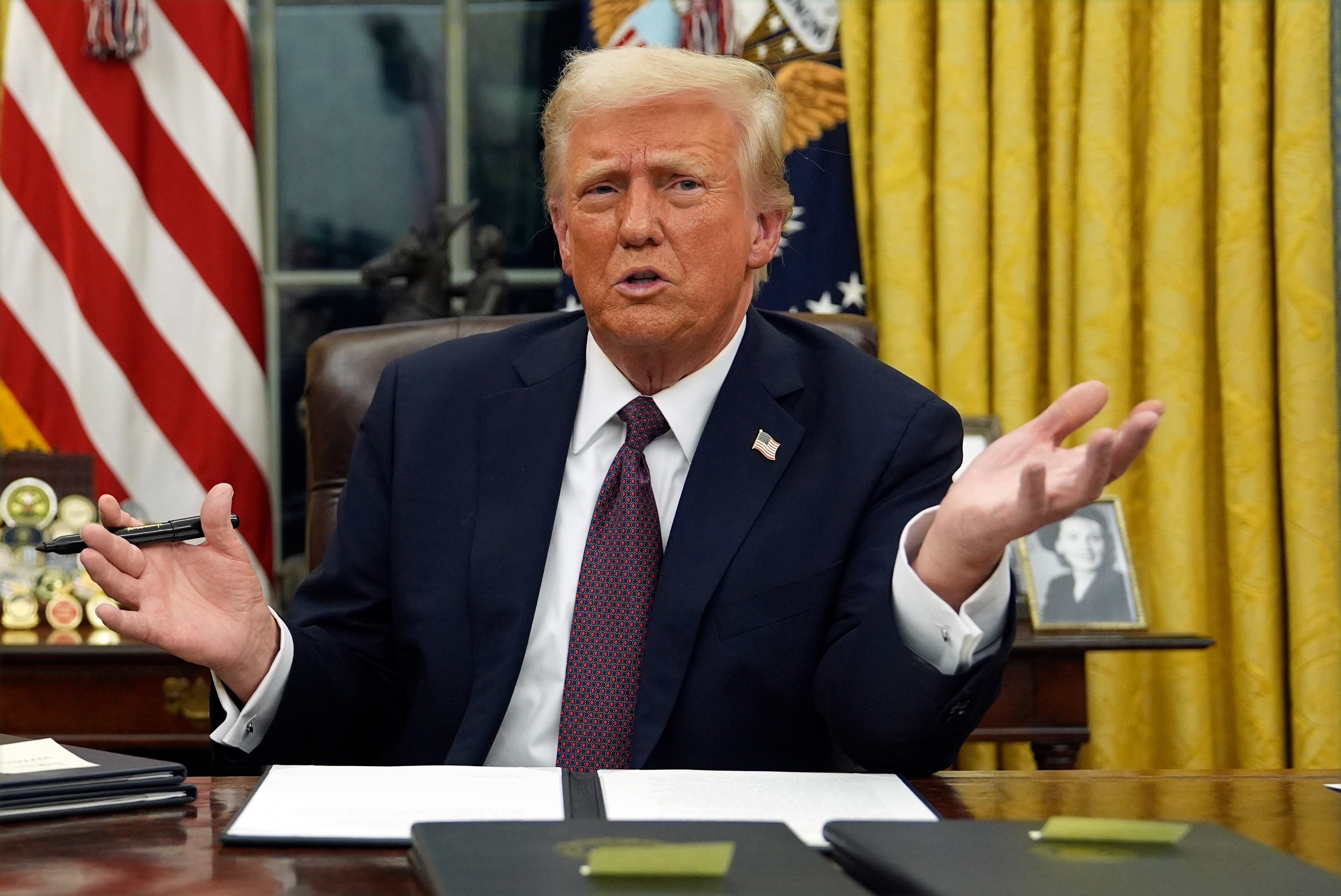
After winning the US presidential election, Donald Trump started threatening to increase taxes on products imported from other countries to America. As soon as he assumed the presidency, he also announced to increase taxes. Trump has threatened to impose the highest import duty of up to 100 percent on BRICS countries (Brazil, Russia, India, China, South Africa).
Most of the products sold in the American market come from other countries. In such a situation, people living in America are afraid of inflation. If Trump implements an aggressive tariff policy, then many household items like medicines, jewelry, beer, T-shirts and sneakers may become expensive in America.
President Donald Trump's administration has announced that the tariffs on imports of all types of products and services from all countries will not be increased equally. President Trump has talked about increasing the tariffs from 10 percent to 100 percent. When Trump's announcement was described as a threat in some reports, he said that he would not reduce the proposed tariff rates under any circumstances.
What will happen if Trump increases tariffs?
President Trump believes that increasing tariffs will increase manufacturing in America and increase employment opportunities. However, this decision of Trump will also increase the cost of retail companies. Which the companies will compensate from the customers.
The National Retail Federation and Consumer Technology Association have also warned about this decision of the Trump administration. The National Retail Federation and Consumer Technology Association have said that the increased duty will only increase the expenses of American industry and consumers.
Why are Americans worried about inflation as soon as Trump comes?
Recently, PwC conducted a survey. 67 percent of the Americans who participated in this survey believe that if President Trump increases the import duty, then the companies will pass on the burden of the increased tariff to the customers. In such a situation, there is a fear that the prices of every consumer product may increase. This can affect every home and business.
From children's toys to jewelry, clothes, cars, shoes, electronics, chocolates, fruits, vegetables, household items and food products, the price may increase by up to one and a half times. Despite this, it is unlikely that Trump will suddenly take any big decision.
What do Americans want regarding taxes on China?
PwC's survey report revealed that 45 percent of Americans support increasing tariffs by 10 percent. Whereas 33 percent agree on imposing tariffs up to 20%. When asked about China, one-third of Americans are in favor of imposing a 60 percent tax.
It is clear from this that the people of America are particularly angry with China. In such a situation, it is being speculated that Trump can take advantage of the public's sentiments.
What is the strategy of companies on Trump's announcement?
It is not yet clear how much tariff President Trump will impose on which country. Despite this, tariffs are being discussed among companies. Companies have started preparing to deal with any situation. Preparations also include a strategy to increase sales after the price increase.
Why are Indian IT companies increasing the hiring of Americans?
After the results of the US presidential election were announced, Indian IT companies had realized that tariffs in the US would increase and the situation would become difficult for professionals from other countries. In such a situation, Indian IT companies are hiring local people in the US.
Regulatory filings show that companies like Infosys and TCS are hiring Americans rapidly. Both companies have hired more than 25 thousand American employees so far.
According to NASSCOM, the representative body of IT companies in India, Indian IT companies will have to be prepared to make changes in health care services, retail and banking sectors due to the changes in US policies.
However, in the last few years, Indian IT companies have started focusing on new markets other than the US. These include African and regional markets.
Read More: Bangladesh election results: BNP wins big, three Hindu candidates become MPs, find out who they are
--Advertisement--

 Share
Share



